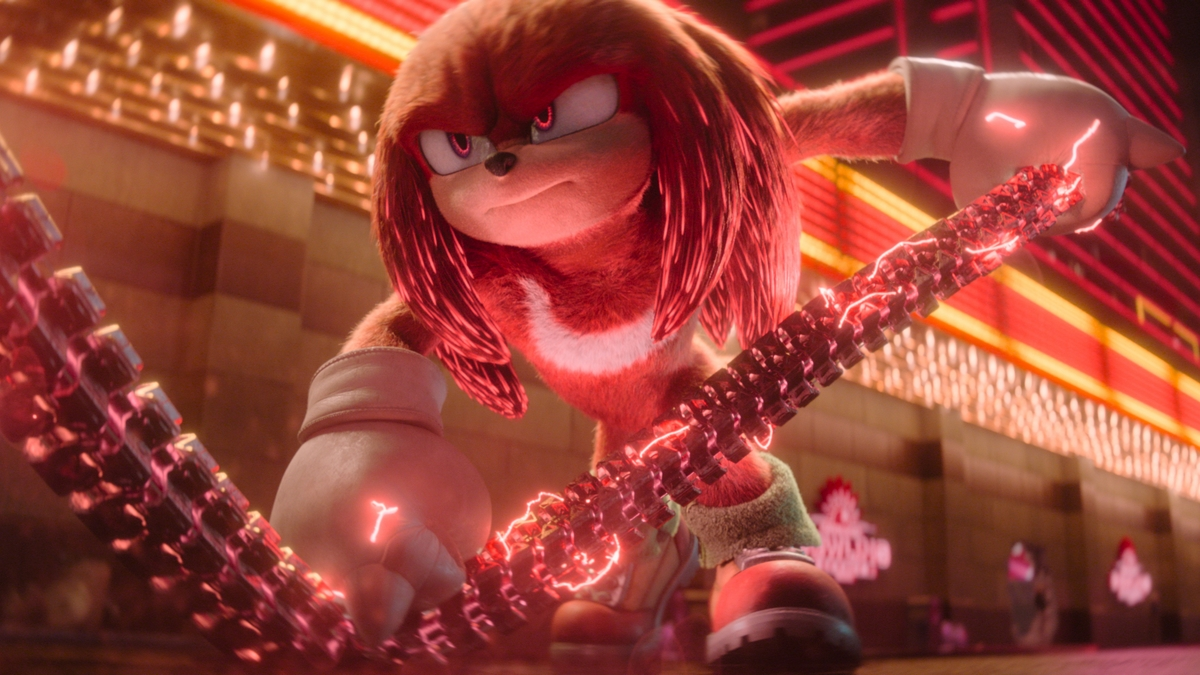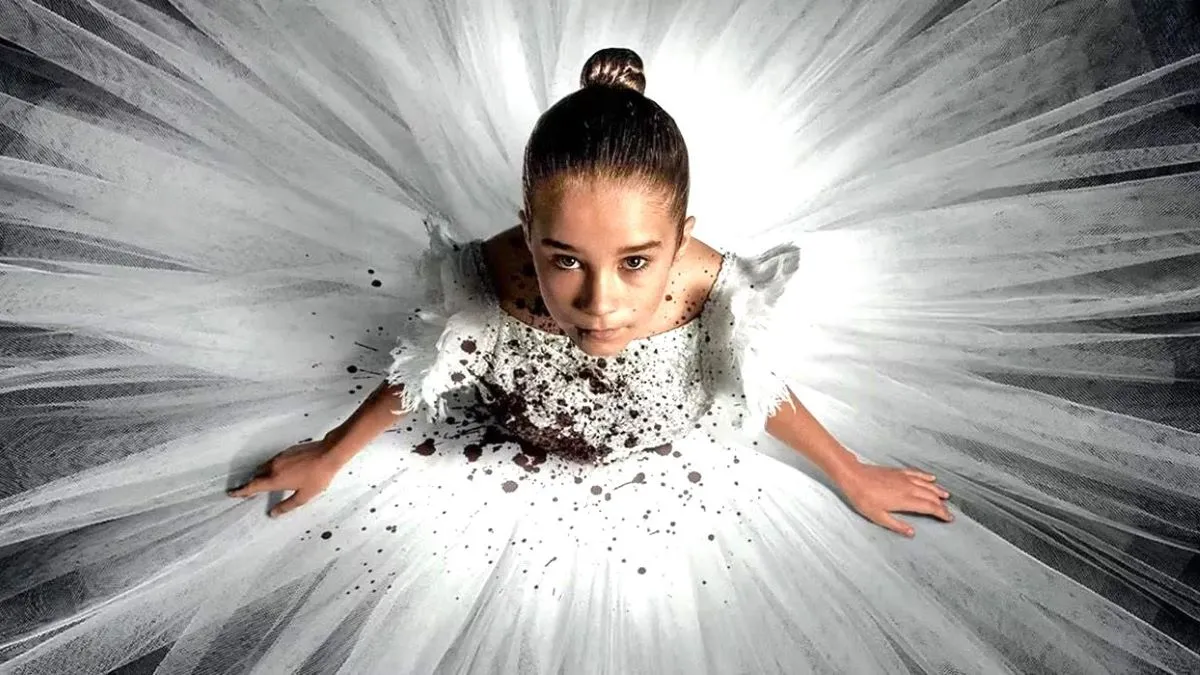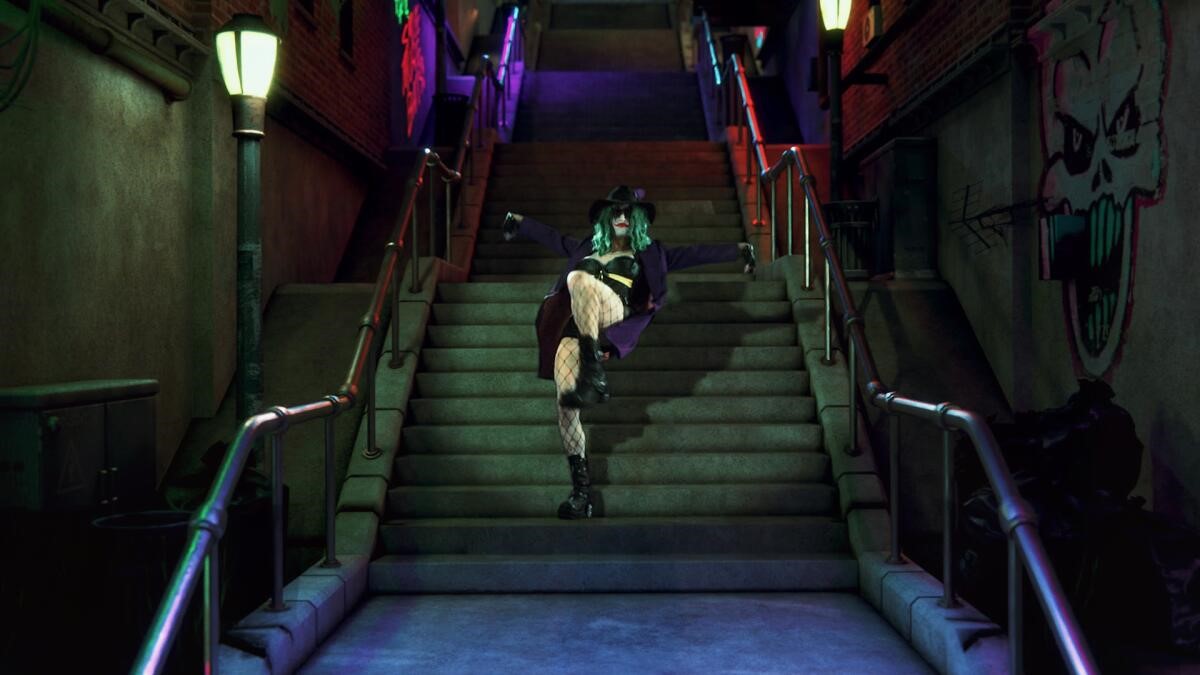
When this week’s episode of Mad Men ended and the “sneak preview” for next week’s hour began, the ominous voice declared that there were only three episodes left this year. How unfair. It seems like we are just settling into the SC&P offices, barely a drink into the intoxicating madness that a season of Mad Men can bring. “The Monolith” is an episode that is busier with showing how the 1960s have progressed, on both the cultural and counter-cultural zeitgeist, than how the characters have progressed.
Emmy-winning writer Erin Levy, with the help of some creative choices from director Scott Hornbacher, uses the hour to explore Don and Roger, two pals that have not yet managed to share a lot of time onscreen this season. (That “off-campus” drink that Roger refers to at the start never materializes, or at least is not shown.) Don is anxious about the future, while Roger shares a similar disgust for the return to primitive behaviour that his daughter, Margaret, partakes in on a hippie commune.
Don does not respond well to being rendered powerless at the office. He makes an effort to show up to work on time to find out he’s missed a memo that a budding tech firm has arrived in the offices to install a computer. “This agency has entered the future,” Cutler announces. However, Don is not buying it. To make room for the computer, the copywriters have to sacrifice their creative lounge, which peeves Ginsberg. “They’re trying to erase us!” he shouts, defiantly. “But they can’t erase this couch!”
To destroy the creative lounge is just like dismantling the faculties that make Don’s elusive brilliance work. Everything feels out of place to him, and now the chaotic construction is making Don feel like an alien on what used to be his home planet. He is having a hard time dealing with the renovations. (That shot of the phone off the hook, bleating on the side of a secretary’s desk and echoing through the office, perfectly encapsulates the disarray that soon takes hold of the agency.)
Just like the chaos in the creative room, everything feels out of place to Don. Bewildered when asked to work underneath Peggy on a new Burger Chef account – a fast food company that was actually as big as McDonald’s in the early 1970s – Don decides to slack off. He throws his typewriter at the window, plays solitaire at his desk and spends his time reading. (Was I the only one who found it bizarre than Don was reading Portnoy’s Complaint in his office? I would not have pegged him for one intrigued by an explicit, psychosexual comedy. Maybe it was Ginsberg’s copy.) Then, lying back in a drunken stupor, Don decides to attend a New York Mets game with pal Freddy Rumsen. How the mighty hath fallen.
Horbacher has a terrific eye and ear to situate the viewer with Don Draper as he reacts to the shifting office politics. The atmosphere of ringing phones and secretaries answering those phones casually is replaced. Instead, Don hears drills, feels the walls vibrate and can almost envision the traditional mode of advertising crumbling around him. The renovations to the office infringe on his peace and space, the chaos in the offices above him and across the hall an external reflection of his jostled inner turmoil.
When Don exits the elevators at the start and end of “The Monolith,” there is symmetry to these moments: everything is vertical and erect. However, when he lies down on his couch and sips some gin he recovers from Roger’s office, Don’s psyche flattens due to the alcohol. Hornbacher shoots these moments with an emphasis on the horizontal, reflecting Don’s laziness.
The shot of a dazed Don looking up at the ceiling as supreme technology gets assembled above him is just like the shot of a dazed Roger lying on hay next to Margaret, looking at the stars above him. While the future fazes Don, Roger is flummoxed by how his daughter can be so ambivalent toward her future. She abandons her child to retreat to a commune in the middle of nowhere. However, instead of the noise trapping Don into a state of flatness, when Roger looks up at the sky, it is silent and tranquil. Being far away from the hustle of Manhattan will bring you to that bliss.






